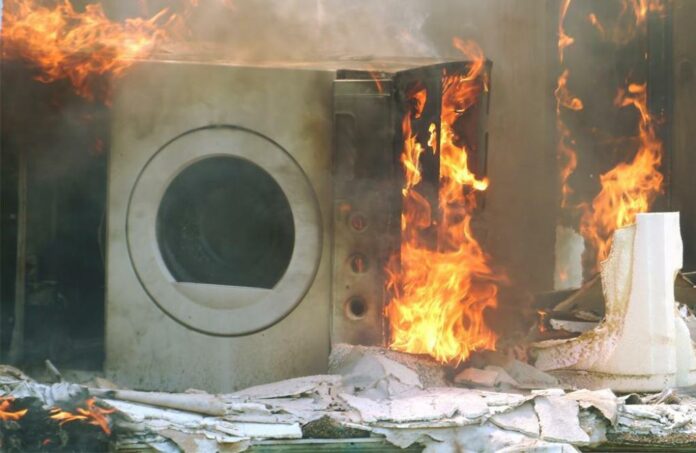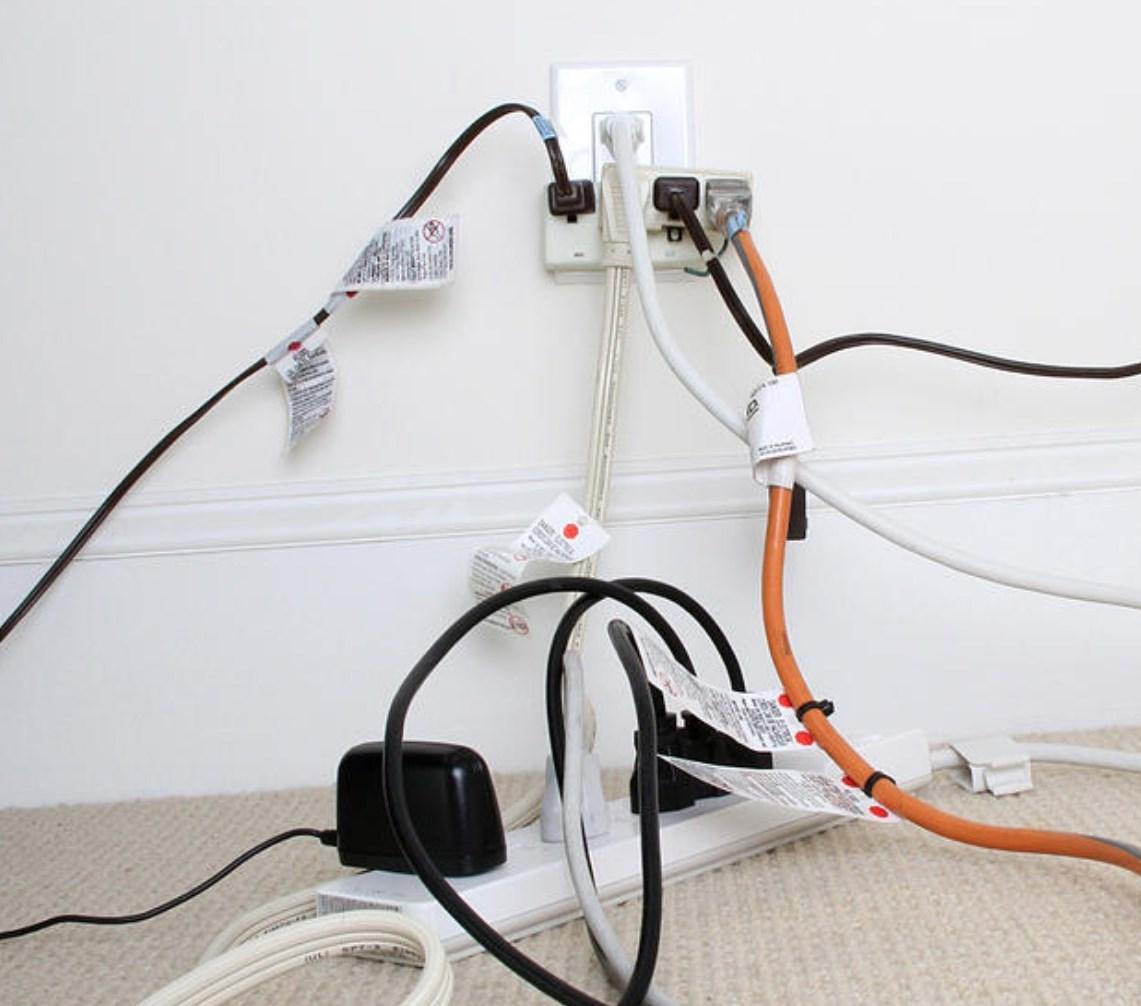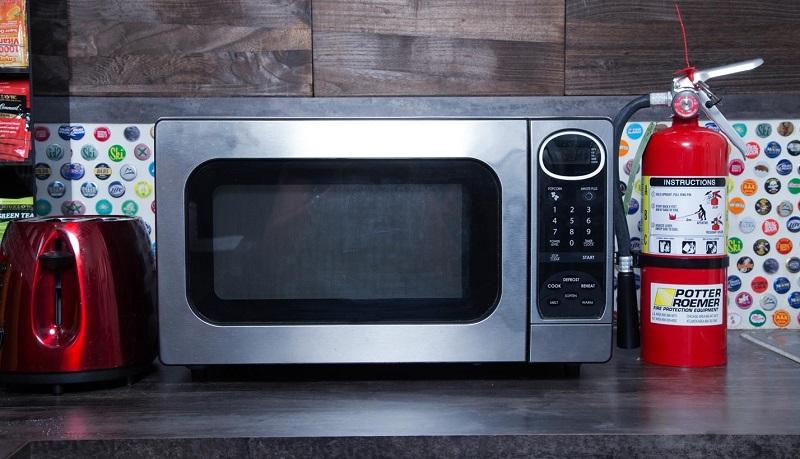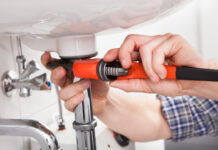We all have our daily routines and we often take many things for granted. The activities that we do on a daily basis tend to escape our memory and those repetitive actions all seem the same. The result is often mirrored in us not being certain whether we locked the apartment or turned the stove or the iron off or not. These daily uncertainties trouble us in different intensities depending on our character, but most of us usually just hope we did turn the appliance in question off and move on with our day.
However, failing to plug some home appliances off may have some disastrous consequences. Of course, this isn’t the only thing posing a risk to a household. In Australia, 87% of deaths in the workplace happen while installing electrical infrastructure. As this is a serious issue, we’ve come up with a quick guide on the potential hazards domestic electrical appliances have.
Faulty appliances
A very common way to cause a hazard is to use an old electrical appliance that has been overused. Of course, sometimes malfunctions just happen, but many other times, you do get warning signs. However, most of us tend to ignore the red flags or simply get used to the “new way” of functioning and move on with our lives. Naturally, this isn’t a good idea and it’s only a matter of time when your appliance will break and potentially cause a power outage or a fire. Not to mention these things can happen while you’re away from your home and you may even end up burning your entire house down. One way to fight this is to have all your gadgets checked out as soon as they show any signs of weakness. Even if they don’t, make sure you do a yearly maintenance check-up.
Faulty wiring
While malfunctioning appliances can cause damage and pose a danger, faulty wiring is even worse as the chances of something going wrong while you’re away are higher in this case. Moreover, this part is often completely out of your control. This is why an important part of moving into any house or a flat is making sure basic living conditions are met. So, any self-respecting Aussie should call a professional electrician in Sydney and have them check the wiring in their new home and handle all the repairs that need to be done, if any.
Make sure you make this your top priority. Once it’s done, you’ll be able to live a much more peaceful life knowing that you’re safer from electrical hazards.
Extension cords
How handy and practical extension cords are! It’s amazing. They make our everyday lives much easier and they enable us to perfectly manage with any original number or placement of power outlets. However, you need to know how to use them rationally. You can’t plug high energy-using appliances into all sockets.
There can be five, seven or any number of them, but you can’t overburden them. You can have one serious device plugged in and leave other sockets to be there in case you need to move your phone or laptop charger or plug in a lamp.
Prescribed wattage
Many people like to use a higher wattage bulb than prescribed, for instance. It’s because we always want things to be better and stronger if they can. However, there is a recommended wattage for a reason. Even though you manage to light up the room, you’re presenting a great risk to your home and thusly its inhabitants. Socket and bulb overuse can cause a fire and they should be used according to the manual. You don’t really need super strong bulbs in the bathroom, it’s why you have special lights above the mirror. Also, living rooms usually have lamps, so the main light doesn’t really need to be that strong.
There are many things we need to know about managing a household. Unfortunately, they don’t teach us this at school, but we need to constantly strive to obtain new practical knowledge that can save our money or at least spare us some headaches and anxiety. Now that you know a few things about home electricity, you’ll be able to feel much safer in your own home and share the knowledge with your friends and family.




















